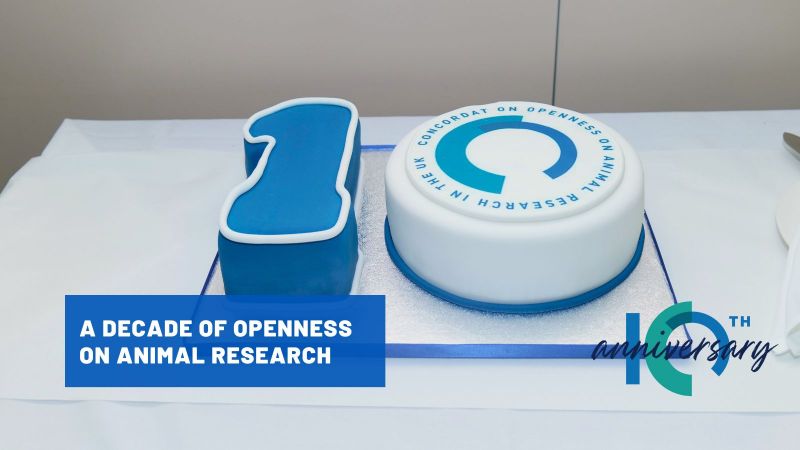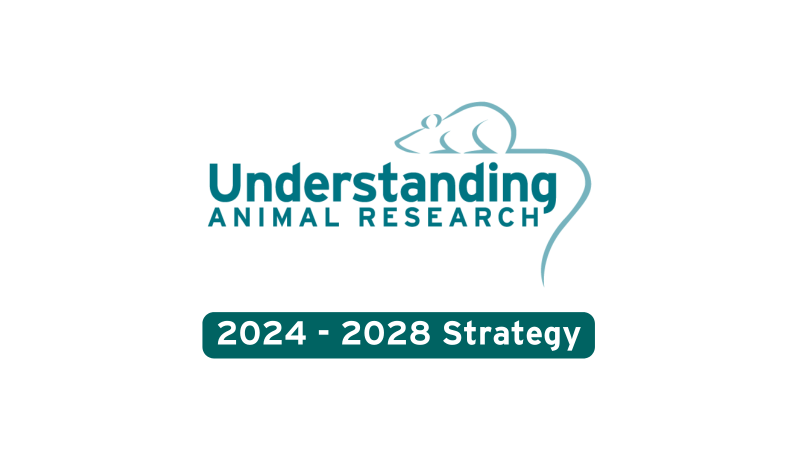A paper in the January 2010 Journal of Biomedical Ethics gives an interesting insight into the use of public opinion polls by all sides in the UK animal research debate. In Research Ethics: The Role of ‘public opinion’ in the UK animal research debate, Dr Pru Hobson-West looks at the role of public opinion in the debate, rather than what the public thinks or even what polling purports to show.
She interviewed laboratory scientists and other UK stakeholders, demonstrating that public opinion has become a kind of resource in the debate, with everyone wanting to show that opinion is on their side. This, she says, is a way to show legitimacy for a view. But should public opinion matter for science policy and ethical reasoning? Dr Hobson-West concludes that ‘public opinion does not automatically tell us what we should do’ and that the 'dichotomy between arguments and public opinion is too simplistic'. She does not give any recommendations on how we might move forward from this unsatisfactory state of affairs
She states:
'Stakeholders in the animal research debate are not only engaged in a battle of ideas but also a battle for legitimacy. Public opinion or, more accurately, the idea of public opinion, will no doubt continue to play a crucial role in the latter.'
The battle for public opinion will never be won conclusively, because of all the polls conducted there will always be one that asks the questions that give you the answers that you want to hear. There is clearly a need for more independent polls to understand the attitudes of the public, as recommended by the Nuffield Council on Bioethics nearly five years ago, in their report The Ethics of Research Using Animals.
The report said that because of methodological constraints, opinion polls were often of limited use, and there was a lack of peer-reviewed research. It went on to recommend that:
'The Economic and Social Research Council (ESRC) and other relevant funding bodies provide funding for research to be undertaken on the knowledge, opinions and views of members of the public on animal research, and the underlying ways of reasoning. Particular attention should be paid to the level and quality of information that participants have prior to, and while taking part in, the research, and to the ways in which provision of information affects individual responses.'
We are still waiting for such in-depth independently conducted research.
Last edited: 21 July 2023 08:47



